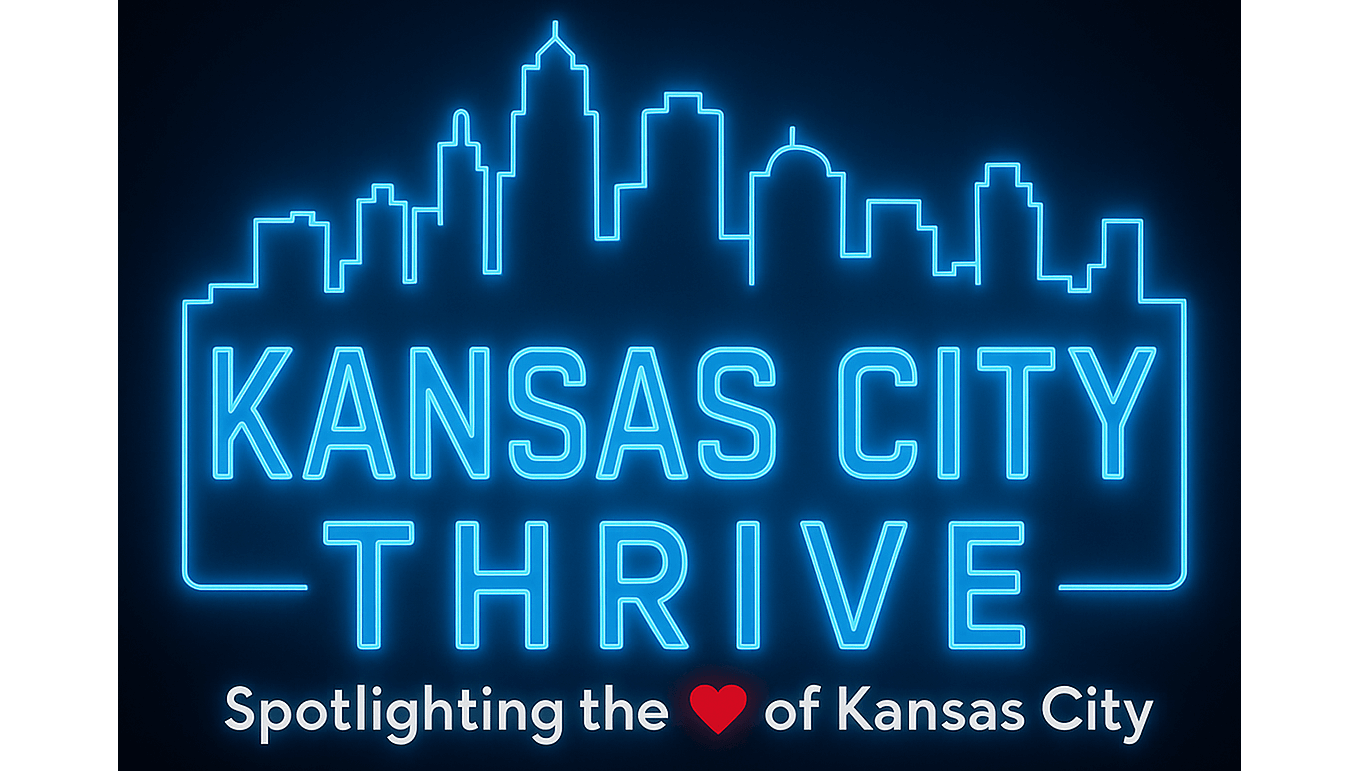
DNC Leadership Confronts Controversial Speech in NYC Mayoral Race
The Democratic Party faces growing challenges as DNC Chair Ken Martin addresses the fallout from New York City mayoral hopeful Zohran Mamdani's refusal to explicitly condemn the controversial chant, 'globalize the intifada.' This phrase, often associated with protests against Israeli actions, has sparked debate within both the party's base and the broader political landscape.
Understanding the 'Intifada' Chant
While many may see the term 'intifada' as a rallying cry for Palestinian rights, some critics have labeled it as inciting violence against Jewish people. Increasingly, political figures in the Democratic Party, including House Minority Leader Hakeem Jeffries, are calling for clarity from Mamdani. His defense of the chant has left many wondering what the implications are for the party as social and racial dynamics evolve in an increasingly polarized America.
Mamdani’s Position: A Balancing Act
Zohran Mamdani has maintained a position that blends his advocacy for human rights with political pragmatism. During a recent interview with the Bulwark, he described the slogan as reflective of a desperate desire for equality and justice. Furthermore, during an appearance on NBC's 'Meet the Press,' he deflected offers to condemn the slogan by stating that policing speech isn't the responsibility of the mayor. His refusal to align directly against the phrase raises vital questions for voters: Does this approach alienate Jewish constituents? Or does it reflect a broader progressive movement within the party?
The DNC’s Response: A 'Big Tent' Philosophy
DNC Chair Ken Martin's commitment to fostering a 'big tent' party signifies an attempt to unify the Democratic Party amid diverse opinions. Martin stated, “There’s no candidate in this party that I agree 100% of the time with.” His remarks present a vital strategic choice; the DNC aims to include a wide range of ideologies, catering to everyone from centrist Democrats to progressive activists. However, this inclusivity comes with its own challenges as tensions arise within the party.
Political Implications and Future Risks
This incident is more than just a momentary controversy; it signals potential long-term risks for the DNC. With Mamdani aiming to become New York City’s first Muslim mayor, the tension surrounding his rhetoric could affect the party’s appeal to various demographic groups. Should Mamdani secure the mayoralty, his public statements may inevitably shape the national narrative for Democrats, especially regarding issues related to Israel and Palestine.
Calls for Accountability: A Divided Party?
As political leaders distance themselves from Mamdani's remarks, it raises the question of accountability within the party. Calls for clarification from Mamdani indicate a split among party leaders. The tension between progressive and establishment Democrats could manifest in how the party operates moving forward. Are party leaders ready to confront the challenges these divisions pose, especially as they gear up for upcoming elections?
What This Means for the Jewish Community
The dynamics of this internal party debate have significant implications for the Jewish community. Many Jewish voters, especially in urban settings like New York City, may perceive Mamdani’s statements as troubling. His refusal to denounce the slogan could contribute to a growing rift, resulting in some feeling alienated. For leaders in the Jewish community, this situation begs the question: how can they reconcile their political alignment with potential contradictions relating to their safety and support from the Democratic Party?
Conclusion: Navigating Controversy in the Age of Social Media
The controversy surrounding Zohran Mamdani's use of language and the chant cannot be isolated to a single event. As political discourse is conducted at lightning speed through social media, the ramifications of this dialogue could have a lasting effect on local and national elections alike. Regardless of the outcome, the Democratic Party's ability to address and reconcile these complex issues will be crucial. It's a delicate balancing act that could define not only the future of NY politics but possibly reshape Democratic approaches to inclusivity moving forward.
 Add Row
Add Row  Add
Add 





Write A Comment